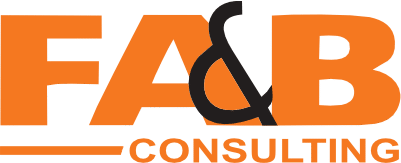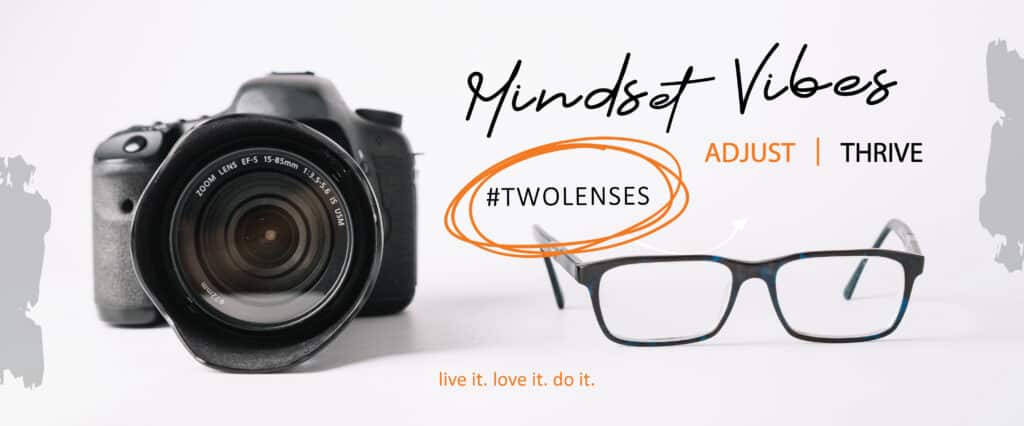As the year comes closer to an end, we are experiencing a transition into a new phase filled with emotions, pressure, grief and many other challenges. The relics of the pandemic become clear as light starts shining through cracks caused by isolation. A delayed response to adversity plays out in our behaviour and reactions which can cuase doubt and trigger “the inner critic”. As a result, Conrad is sharing thoughts on how confidence can be learned and that it is possible to manage “the inner critic” during times of adversity.
What is Confidence and Self-Doubt?
Confidence comes from a Latin word ‘fidere’ which means “to trust”; therefore, having self-confidence is having trust in oneself. The self is the unified unconsciousness and consciousness of an individual. It is all our experiences, traits, qualities, shortcomings and potentials. Sometimes, it requires a little bit of shaking and stirring in life for us to build character and to find out what it is that we want and stand for. Confidence is an inner conviction, a reassurance that make us feel sure about our abilities, qualities and ideas. This inner state makes us feel convinced that we are capable of dealing successfully with challenges. Due to a secure and self-assured mindset, the confident are rarely troubled by feelings of guilt and self-doubt. Through this lens, challenges and adversity do not seem overwhelming and intolerable. After all, why should we dwell on past problems and failures when we believe that we are capable of effectively dealing with the unknown? We can’t be confident in our capability to deal with challenges if we haven’t witnessed and experienced what we are capable of.
Conversely, self-doubt can be referred to as an inner feeling of uncertainty regarding any one or more aspects of the self. Naturally, this feeling of insecurity and apprehension leads the threat sensitive to focus on anticipated dangers and pitfalls. Through this lens, we tend to doubt our ability to cope successfully with life’s challenges, and often need reassurance and encouragement from those around us. However, when has this process gone too far? When can we say that our inner critic is too loud and when does doubt become inhibiting rather than a functional means toward calculated action?
A co-dependent relationship
We all experience confidence and self-doubt in fluctuation between situations. As with most traits, it is a process of maintaining a balance, between healthy scepticism and belief in ourselves and our assumptions. Let us investigate two assumptions that we tend to make.
- Confidence is always preferable to self-doubt
In modern culture, being confident in your own abilities and ideas may often be painted in a socially desirable light. However, to others they may appear overly confident, possibly lacking insight into their own personal weaknesses or failings. At times their lack of self-doubt, and their unquestioning belief in their own abilities, may cause them to be heedless of potential difficulties or problems. As they tend to be satisfied with their own achievements and accomplishments, they may be inclined to disregard potential opportunities for self-evaluation, self-improvement and growth, believing that this is not needed.
- Self-doubt will limit your potential
Being insecure may mean that you embody feelings of apprehension about the future. However, being threat sensitive also translates to focus on anticipated dangers and pitfalls. This natural apprehension may also spur you on to perfect your own skills and abilities, to be better able to deal successfully with challenges in the future. If you can get over the initial fear and come to resolve, self-doubt may assist you in taking calculated risks and making informed, wise decisions.
Clearly there is a functional aspect to both sides of the spectrum. As a result, being confident requires a realistic sense of one’s capabilities and feeling secure in that knowledge.
Nature vs nurture, skill or not, what now?
From a biological point of view, there is an aspect to confidence that entails our hardware and brain chemicals. However, we are interested in what we can learn, and as human beings, we offload most of who we are to our software i.e., culture, beliefs, upbringing etc. This software can, in turn, actually influence our hardware if we can commit, focus and be open to learning. Our framing; the way in which we talk to ourselves and others can quite literally change our perceptions and perceptions in turn, translate to behaviour.
Take note of your internal critic. As pointed out by internationally acclaimed ultramarathon runner, David Goggins, it is not that we ought to become that voice, but rather acknowledging that this voice only wants you to improve. Channelling self-doubt in this sense can be translated into a drive towards self-improvement. Don’t become that voice, rather notice and acknowledge it, increasing self-awareness. Change your reality, by stepping outside of your comfort zone, into the unknown one small step at a time towards true growth. After you have accomplished a few small feats, confidence will start knocking.
To echo Conrad’s thoughts, connect with the Self.
live it. love it. do it.
FAB regards
Chrizelda & Team


0 Comments